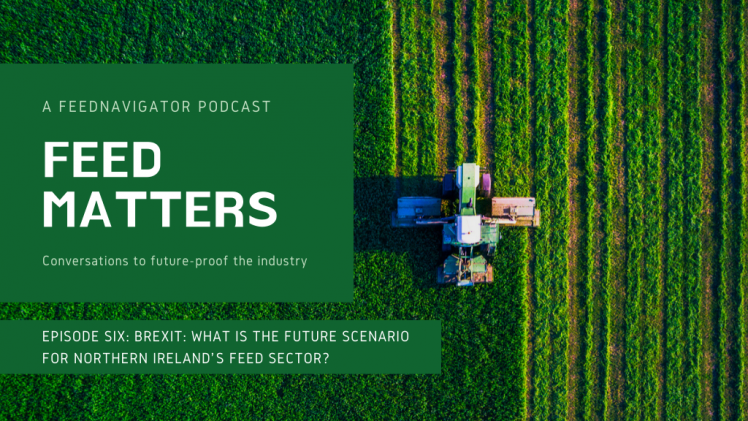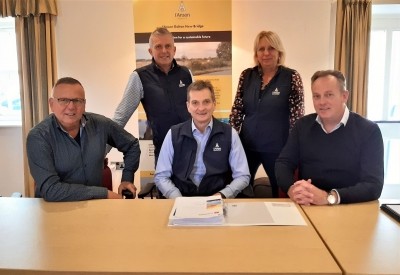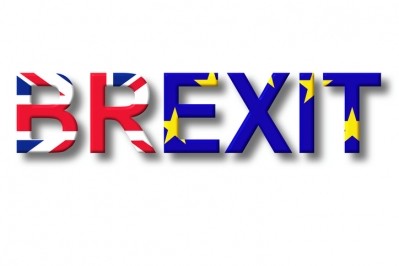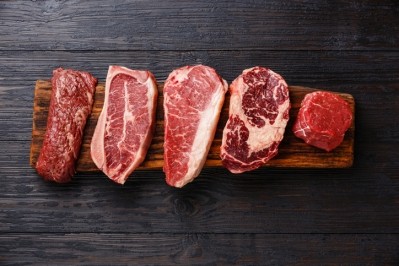What is the likely post-Brexit scenario for feed businesses in Northern Ireland?

Billington is also the current vice chair of the Northern Ireland Food and Drink Association (NIFDA). Awarded an MBE in 2019 for services to the economic development of Northern Ireland, he is well versed in all things Brexit, having a role on several government advisory bodies in relation to that development.
Businesses in Northern Ireland (NI) must start preparing for New Year's Day 2021, when the region will have a unique status - it will be part of the UK customs territory but still applying EU customs rules.
At the time of the UK vote to leave the EU, back in June 2016, there was a lot of uncertainty about what Brexit would mean for Northern Ireland, whether there would be a land border or a sea border, whether the UK market would open itself to a flood of cheap goods, manufactured to different standards, he said.
“A lot of that is still uncertain. However, we now know we don’t have a land border, but we do need to deal with the consequences of what is effectively a sea border… I am still going to lot of meetings where we are seeking clarity.”
Nevertheless, there is certainty about trading relationships on the island of Ireland. “We now have an internationally binding agreement that says the all-island economy for agri-food is tomorrow the way it is today”.
Trade flows
The problem, though, arises on goods entering the island, he cautioned.
The UK prime minister, Boris Johnson, in recent weeks, has been insisting there will be no checks on NI-GB goods post-Brexit, with him stressing unfettered access for such goods.
Weighing in on Johnson’s utterances, Billington said goods going from NI to GB should be, in theory, traded as domestic goods, with no tax or checks. “The question is how to you know, in a free trade agreement between the UK and Europe, that goods flowing from Belfast or Larne Port originated in Northern Ireland or originated in Europe or the Republic of Ireland.
So, while he [Johnson] is right, in principal, that for goods of NI origin, there should not be checks, there needs to be some mechanism by which you can distinguish those goods. Perhaps the process of distinguishing them is in itself a set of checks.
“More importantly though, he is completely wrong when he talks about [there being] no checks from GB to NI. The checks [on goods] coming into Northern Ireland will be those checks that the EU applies to third countries supplying the EU, phytosanitary checks, paperwork checks to make sure the goods meet the rules required to determine no tax liability, as well as safety and standards checks for manufactured goods.”
There is still a lot to be sorted out in the Free Trade Agreement within which the NI Protocol sits, the practical implications, he said.
“The Protocol is only the minimum requirement to allow for goods to move across the island of Ireland. It doesn't deal with services. We don’t know if we can use our lorries to drive our goods across the land border, for example, as that is the provision of a service.”
Raw material imports
And when asked what the eventual implications might be for the supply chains of Northern Irish feed businesses should the UK diverge from EU standards, the CEO told us.
“In the feed trade, we would import a lot of wheat from the UK, so if the UK decides at some point in the future to diverge on GM crops or pesticide sprays that would create a problem in purchasing UK wheat for the island of Ireland. But it would also be a problem for the UK farmer because if he diverges, he loses the ability to export 3m tons of wheat a year out of the UK. There is a lot of talk of divergence but if you work through the practical examples of them, in a number of cases, it would be quite damaging for the UK to diverge; they think they are saving money but they would lose access to their export markets as a result.”
He also outlined potential risks for micronutrient imports, but, evidently, all of that is dependent on how future trading scenarios play out.
The recent restoration of the power-sharing government in Belfast is reassuring though, he said. “Having a strong executive voice at the [Brexit negotiating] table to make sure the interests of Northern Ireland are fairly represented by the UK government is a step up.”















